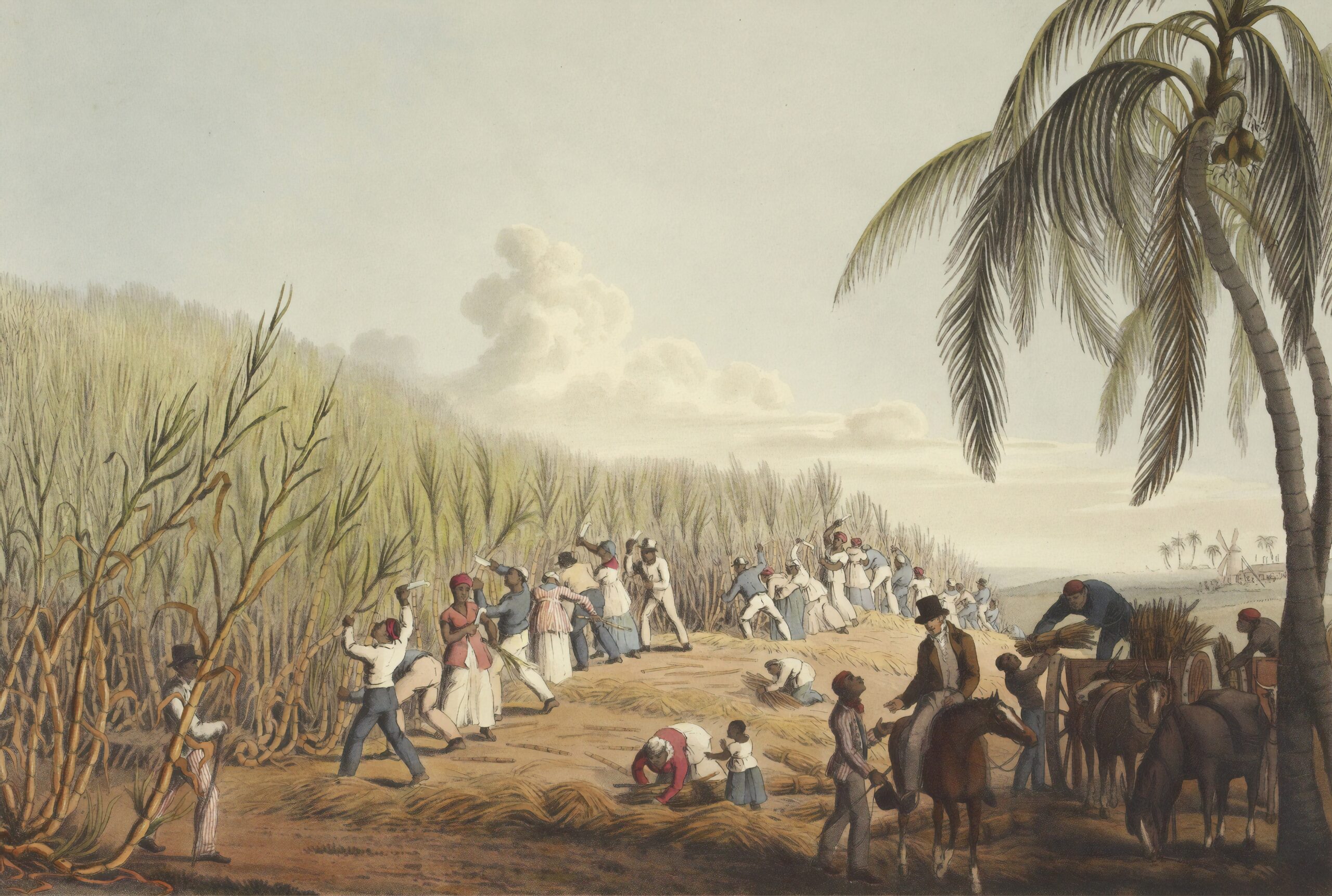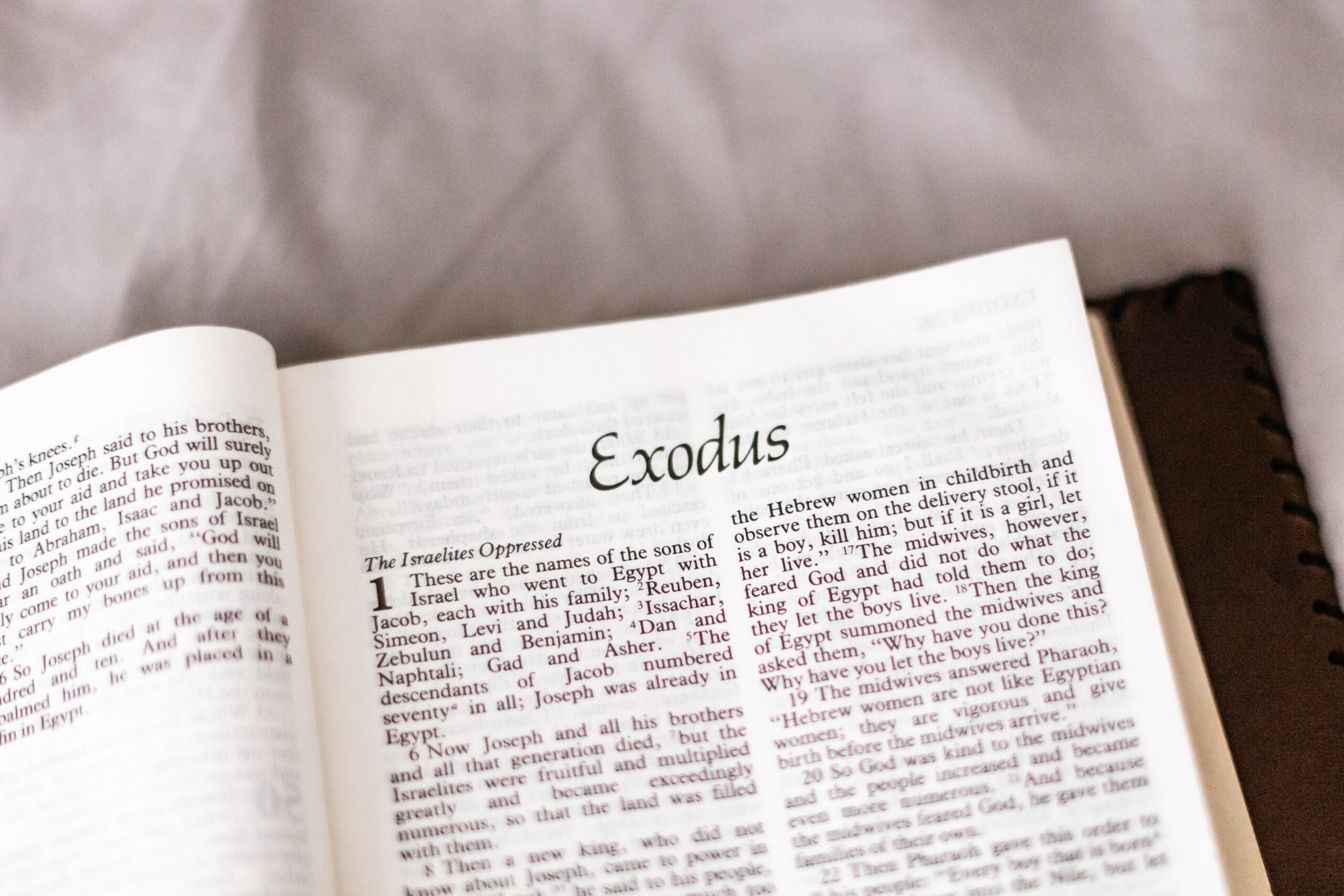| Getting your Trinity Audio player ready... |
Language
I want to stand up for the God of Israel and the Bible. When people said slavery was advocated in the Jewish Bible, this is a lie of the lie of lies. Now, it is true that we [are] using the word slave, that means the word is eved, but an eved in the Jewish people in the ancient world is not the cruel crime of slavery that existed in Europe and Australia and goes on today in the United States and goes on today in the Arab world. An eved meant that you are a part of the family. Abraham turned to his eved, to Eliezer, to say, ‘I am putting my trust in you.’ So understand that a person who joined, who was an eved, meaning a servant, whatever you want to translate it, that has nothing to do with black men in Alabama in 1840. It meant that you join the family. You were not biologically connected to the family but you were entitled to all the benefits of being [in the] family. And if fact we saw in the last portion, Genesis 15, that Abraham thought, ‘I don’t have children, Eliezer is probably the one.’ Just let this hit home against all the enemies of Torah and many people who just don’t know and rightfully see the word slave…A servant meant or a slave meant not the cruel, vicious iniquities of racism…He trusted Eliezer completely to continue the progeneration of the Jewish people. Completely. So this is very important to see here who Abraham is [trusting]. So you should know this for the rest of your life that there is no, we are using the same language but mean something completely different.













